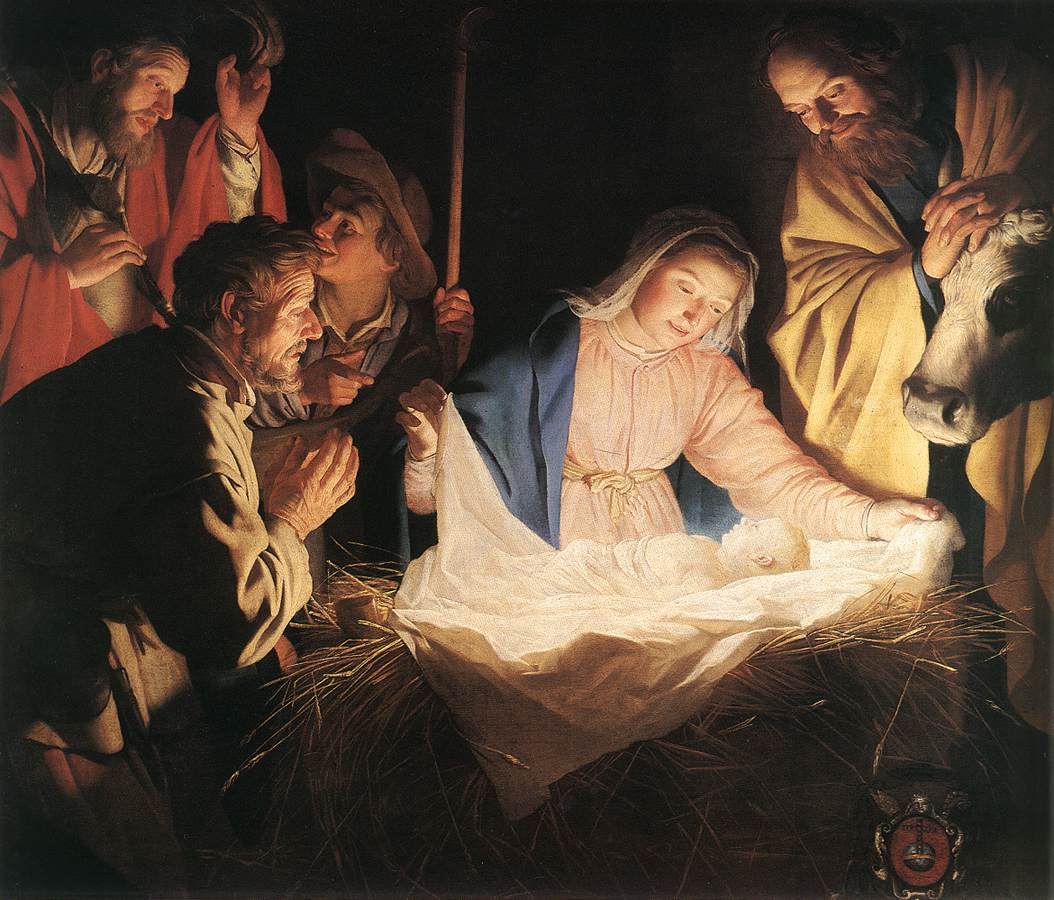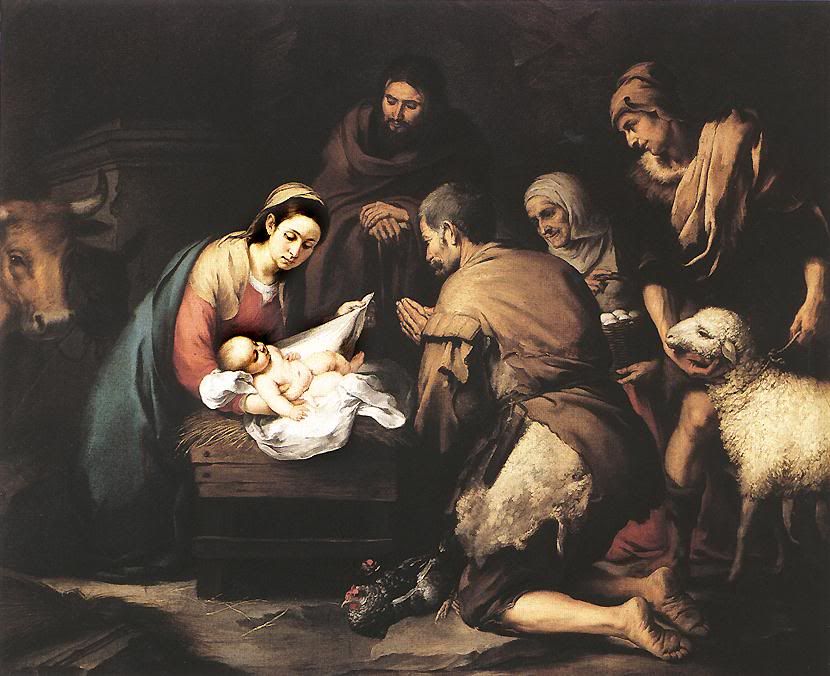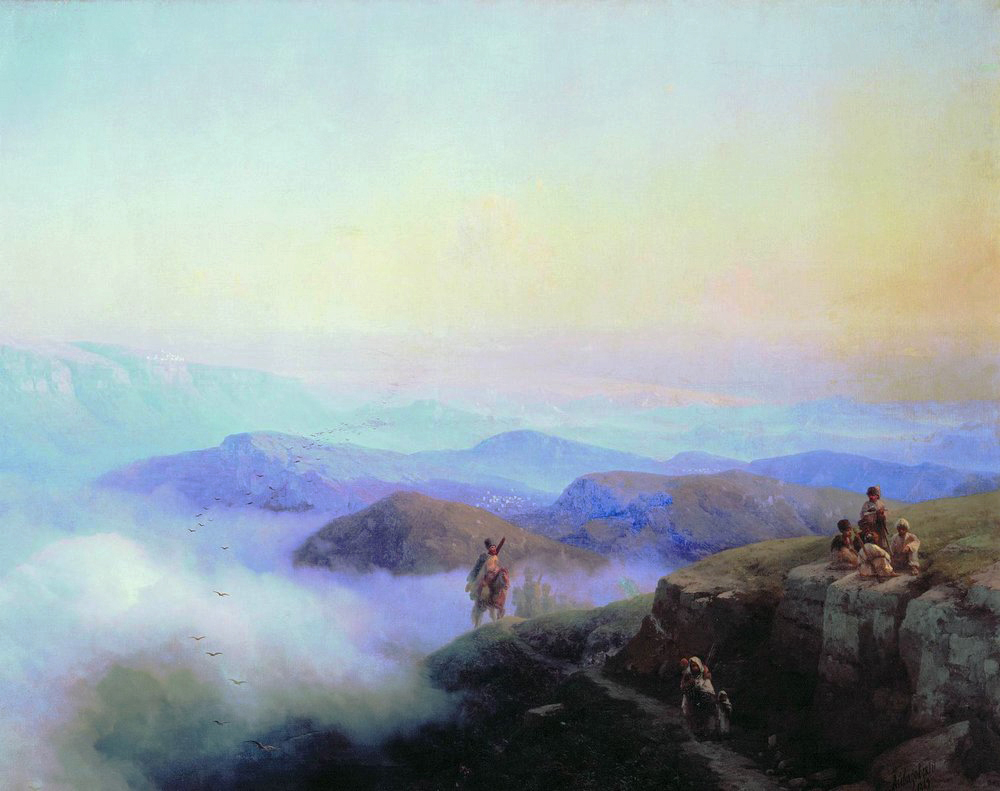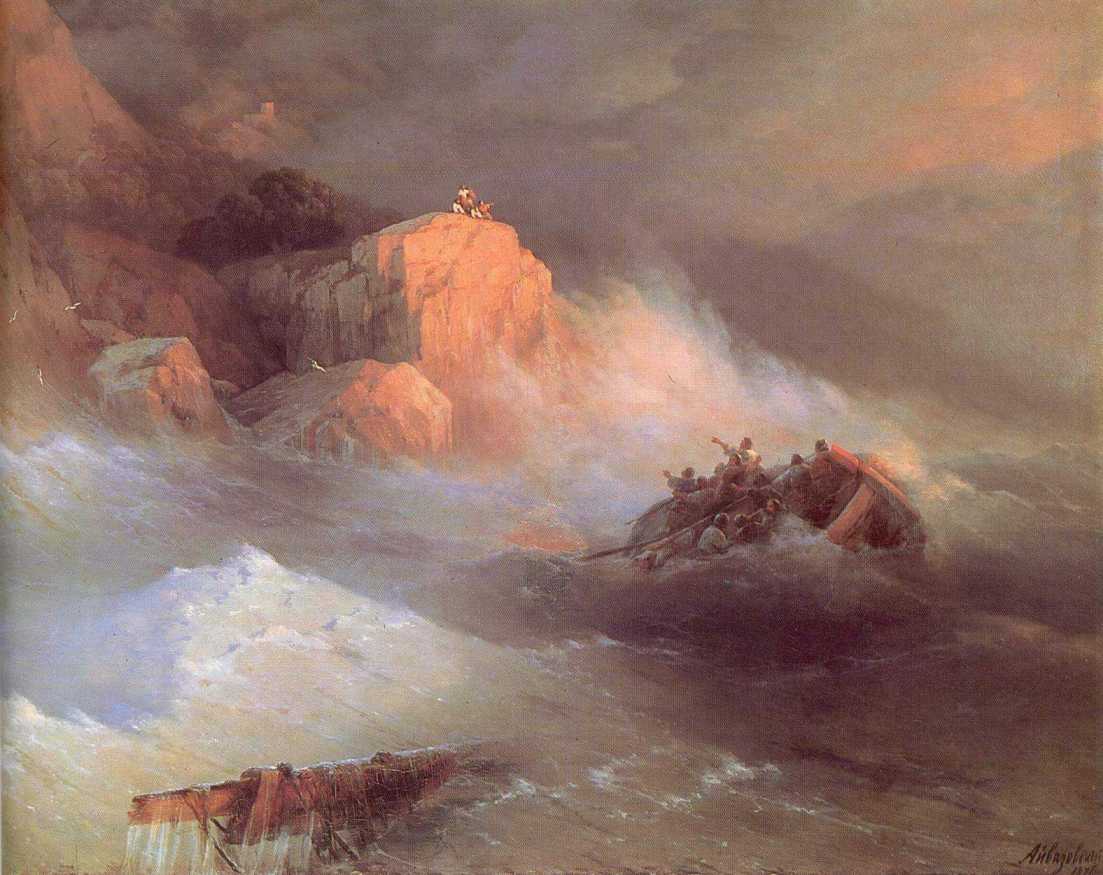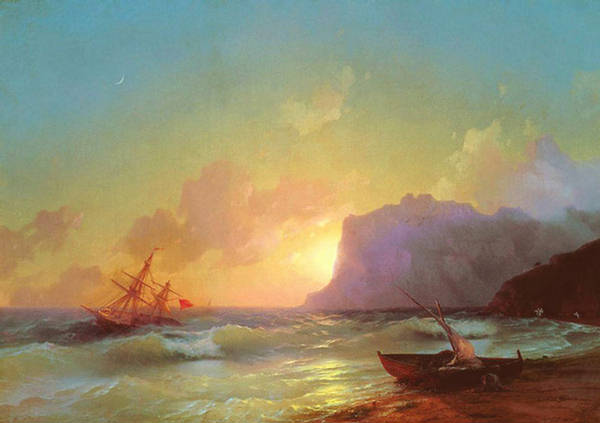Next week I plan to start with new a new artist, composer and poet, but for this week we continue the celebration of the birth of Christ.
I thought it might be interesting to study and compare several paintings of the magi's visit to the Christ child. What likenesses do you see? What differences? How do you picture the visit of the wise men? If you want more or different images you can look at Google Images Adoration of the Magi.
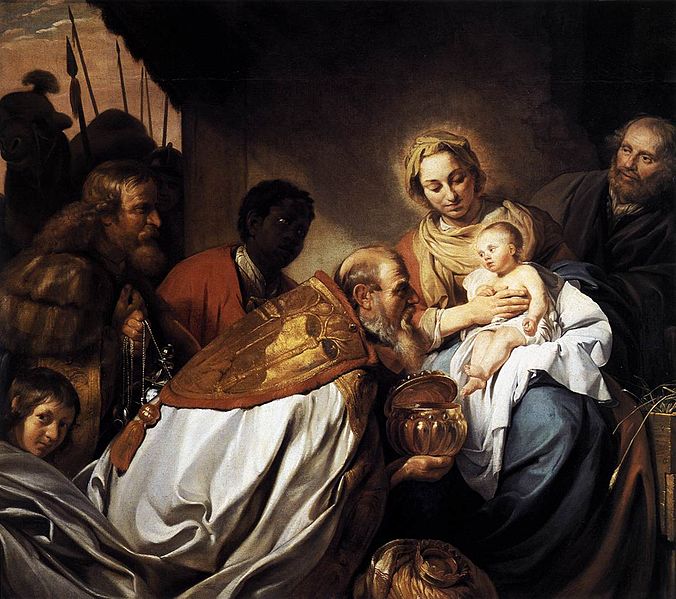 |
| Jan DeBraij |
 |
| Abraham Bloemaert |
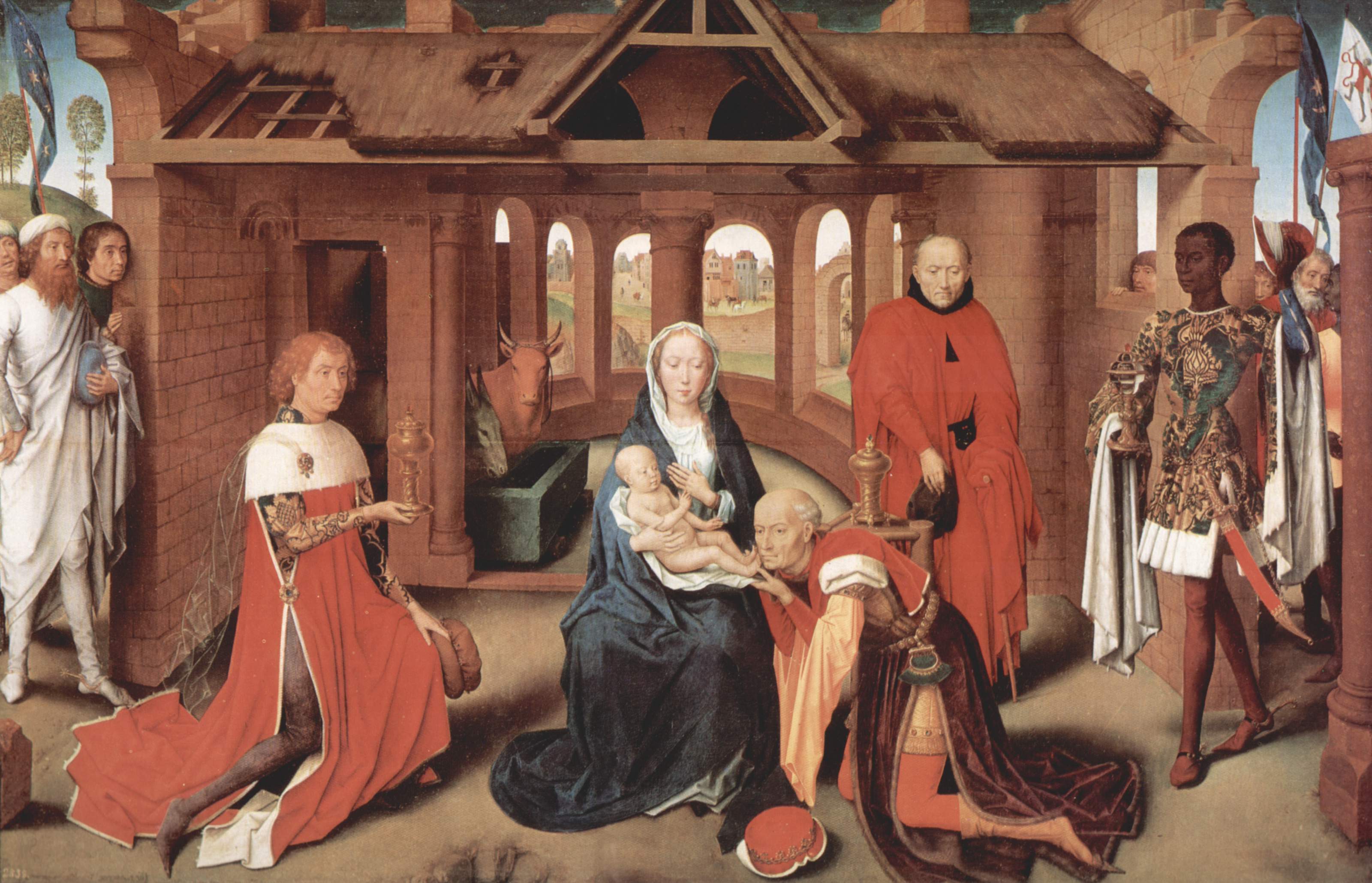 |
| Hans Memling |
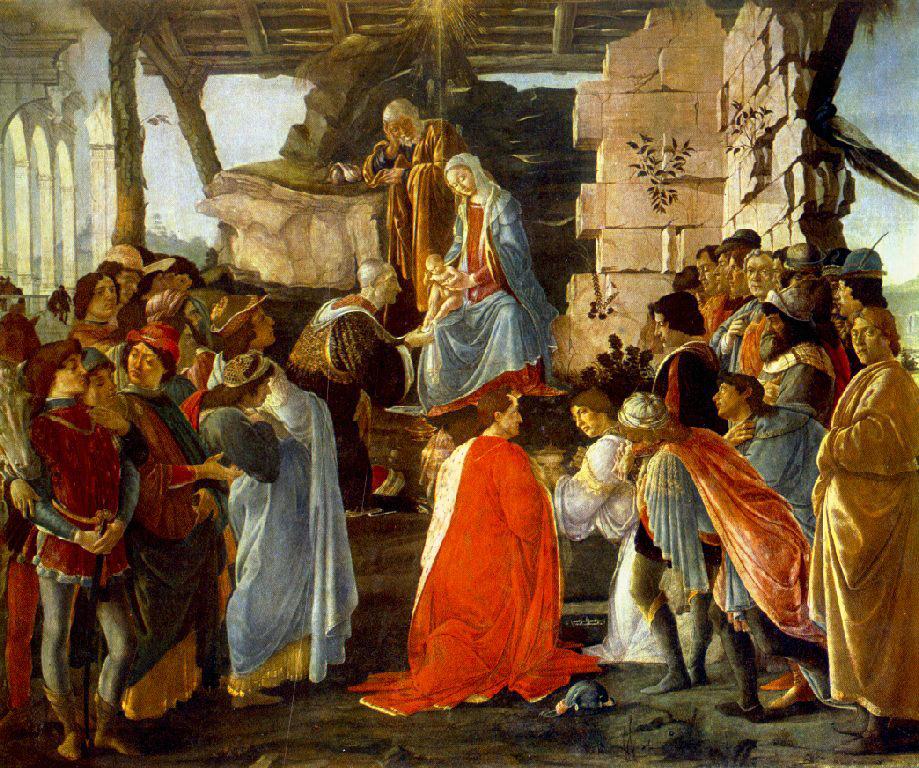 |
| Sandro Botticelli |
 |
| Giotto |
In some ways it feels like we've barely scratched the surface of Handel's Messiah. Here is a link to the familiar Hallelujah Chorus. This is from the end of Part 2 (scene 7 - God's Ultimate Victory). I think a person could spend months on this wonderful oratorio introducing and enjoying each song. We are reading aloud together N.A. Woychuk's Messiah! A New Look at the Composer, the Music and the Message! I also picked up Messiah The Gospel according to Handel's Oratorio by Roger A. Bullard. It looks good, too. Madeleine L'Engle's recommendation on the back reads as follows: "All lovers of Messiah will be interested in Roger Bullard's loving and appreciative book. No matter how familiar we are with the music and the text or how deep is sour Christian commitment, there is much to learn and rejoice over in Handel's splendid oratorio. I look forward to my next listening to this great work with the added insights and understandings that Bullard's book has given me."
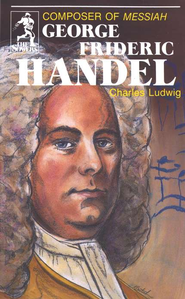 If you want a book for your children to read themselves, I always like the Sower Series Biographies. We enjoyed reading this one a few years ago.
If you want a book for your children to read themselves, I always like the Sower Series Biographies. We enjoyed reading this one a few years ago.
And I have yet to be disappointed in an Opal Wheeler children's biography. We haven't read this one yet, but I imagine it is a good elementary biography.
What books have you enjoyed about this famous composer and this wonderful oratorio?
Our poem today by Ben Jonson
I sing the birth, was born tonight,
The author both of life, and light;
The angels so did sound it,
And like the ravished shepherds said,
Who saw the light, and were afraid,
Yet searched, and true they found it.
The Son of God, th' Eternal King,
That did us all salvation bring;
And freed the soul from danger;
He whom the whole world could not take,
The Word, which heaven, and earth did make,
Was now laid in a manger.
The Father's wisdom willed it so,
The Son's obedience knew no No.
Both wills were in one stature,
And as that wisdom had decreed,
The Word was now made flesh indeed,
And took on him our nature.
What comfort by him do we win?
Who made himself the prince of sin,
To make us heirs of glory?
To see this babe, all innocence;
A martyr born in our defense;
Can man forget this story?
